Trump Vows to Remove All Sanctions on Russia Amid Ukraine War: A Bold Stance on Economic Strategy
In a recent interview, former President Donald Trump made headlines with his bold statement regarding the ongoing Ukraine war and U.S. economic sanctions on Russia. Trump vowed to remove all sanctions on Russia, arguing that sanctions, while powerful tools, must be used judiciously to avoid undermining the U.S. dollar’s status as the world’s reserve currency. His remarks have sparked intense debate about the effectiveness of sanctions as a foreign policy tool and the potential implications of his proposed approach on the global stage.
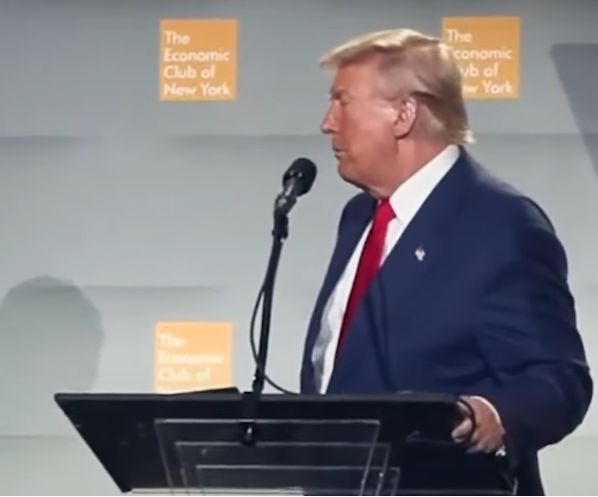
Trump’s Perspective on Sanctions: “A Double-Edged Sword”
Trump began by acknowledging the utility of sanctions as a strategic tool to advance U.S. national security interests and foreign policy objectives. However, he emphasized that sanctions should be applied sparingly and removed quickly to avoid damaging the U.S. dollar’s global dominance. “We have to continue to have the dollar be the world currency,” Trump stated, likening the loss of this status to losing a war, which would reduce the U.S. to a “third world country.”
Trump’s argument hinges on the notion that the overuse of sanctions could trigger a shift away from the U.S. dollar as the world’s reserve currency. He warned that countries like China are actively promoting their currencies as alternatives, and that continued over-reliance on sanctions could accelerate this trend. According to Trump, the U.S. is “losing so many countries” because of conflicts driven by economic measures like sanctions, which could ultimately lead to the erosion of the dollar’s status.
The Economic Power of Tariffs Over Sanctions
Instead of sanctions, Trump proposed an alternative strategy: leveraging tariffs to assert economic power and influence global diplomacy. “I use sanctions very powerfully against countries that deserve it, and then I take them off,” Trump explained, advocating for a more flexible approach. He argued that tariffs provide a more direct and impactful means of negotiation, citing past instances where he claims to have prevented wars through the threat of tariffs.
Trump recounted how he used the threat of tariffs to compel other countries to align with U.S. interests, including the recognition of the dollar as the world currency. “Tariffs, in addition to the money they bring in, give you tremendous political power,” he stated, suggesting that this approach could be more effective than sanctions in achieving foreign policy goals.
A Critique of Current U.S. Sanctions Policy
Trump criticized the current U.S. administration’s sanctions policy, arguing that it has been overused and lacks strategic focus. He pointed out that countries like Russia have become increasingly resistant to U.S. pressure, opting instead to develop alternative economic relationships and reduce their dependence on the U.S. dollar. “Russia is going out now and doing its own thing, bragging about how they don’t need us anymore,” he said, highlighting the limitations of sanctions in compelling compliance.
According to Trump, the ongoing Ukraine war exemplifies the shortcomings of the current sanctions strategy. He claimed that the war would not have occurred if he had been president, suggesting that his approach to diplomacy and economic strategy would have prevented the conflict altogether. “Ukraine would have never happened if I was president,” Trump asserted, adding that the war has resulted in far more casualties than reported and has devastated the region.
Trump’s Promise: A Swift Resolution to the Ukraine War
One of the most striking claims made by Trump was his assertion that he could settle the Ukraine war swiftly if re-elected. He expressed confidence that he could achieve a resolution even before taking office. “If we win, I believe I can settle that war while I’m president-elect,” he stated, describing the conflict as a “horrible, horrible war” with far-reaching consequences.
Trump’s confidence in his ability to negotiate a peace settlement is rooted in his belief that he can leverage economic tools more effectively than sanctions. He argued that the U.S. possesses “things much more powerful actually than sanctions,” such as trade negotiations and economic incentives, which he believes could bring about a swift end to the conflict.
The Potential Impact of Removing Sanctions on Russia
The former president’s vow to remove all sanctions on Russia has generated significant controversy, with critics questioning the potential consequences of such a move. Some argue that lifting sanctions could undermine international efforts to hold Russia accountable for its actions in Ukraine, potentially emboldening the Kremlin to pursue further aggressive actions. Others contend that removing sanctions could weaken U.S. influence in the region and signal a retreat from its commitment to supporting Ukraine’s sovereignty.
Supporters of Trump’s position, however, argue that sanctions have not succeeded in changing Russia’s behavior and have instead contributed to economic tensions that harm global markets and the U.S. economy. They believe that a more flexible approach, focused on negotiation and economic incentives, could yield better results in achieving peace and stability.
Sanctions vs. Tariffs: A Debate Over U.S. Economic Strategy
Trump’s remarks have reignited a broader debate over the use of sanctions versus tariffs in U.S. economic strategy. Sanctions have long been a favored tool for addressing international conflicts and punishing rogue states, but they are not without drawbacks. Critics argue that sanctions can be blunt instruments that harm innocent civilians and strain diplomatic relations.
In contrast, tariffs, as Trump suggests, offer a more targeted approach that can be used to influence specific behaviors without the broader economic fallout associated with sanctions. Tariffs can also generate revenue for the U.S. government, providing an additional economic benefit beyond their diplomatic impact. However, tariffs can also provoke trade wars and lead to retaliatory measures from other countries, potentially escalating conflicts rather than resolving them.
The Road Ahead: Implications for U.S. Foreign Policy
As Trump positions himself as a leading contender in the next presidential election, his stance on sanctions and tariffs is likely to shape the future direction of U.S. foreign policy. His promise to remove all sanctions on Russia represents a significant departure from current policy and raises important questions about the role of economic tools in achieving diplomatic objectives.
Whether his approach will prove effective remains to be seen, but one thing is certain: the debate over the use of sanctions versus tariffs in U.S. foreign policy is far from over. As the global landscape continues to evolve, policymakers will need to weigh the potential benefits and risks of each approach carefully to safeguard U.S. interests and maintain its position on the world stage.
Conclusion: Trump’s Bold Vision for U.S. Economic Strategy
Trump’s vow to remove all sanctions on Russia amid the Ukraine war is a bold and controversial stance that reflects his broader vision for U.S. economic strategy. By advocating for a more restrained use of sanctions and a greater reliance on tariffs, Trump aims to preserve the dollar’s global dominance while achieving foreign policy goals more effectively. Whether this approach will resonate with voters and policymakers remains to be seen, but it undoubtedly adds a new dimension to the ongoing debate over U.S. economic strategy in a rapidly changing world.

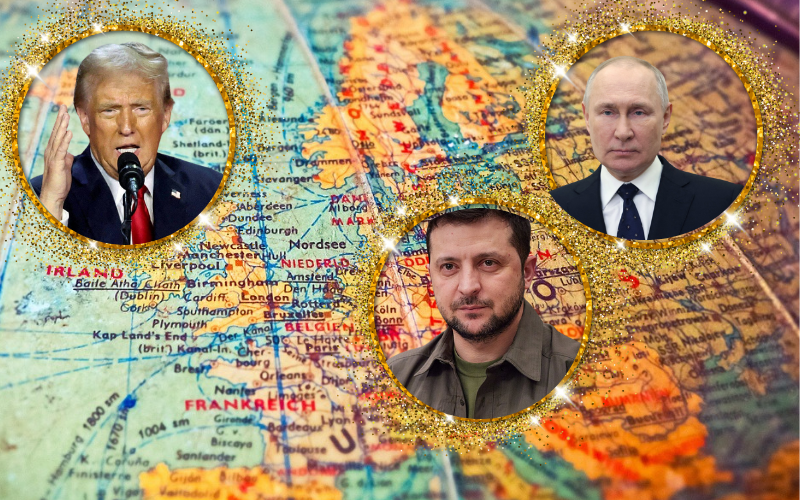

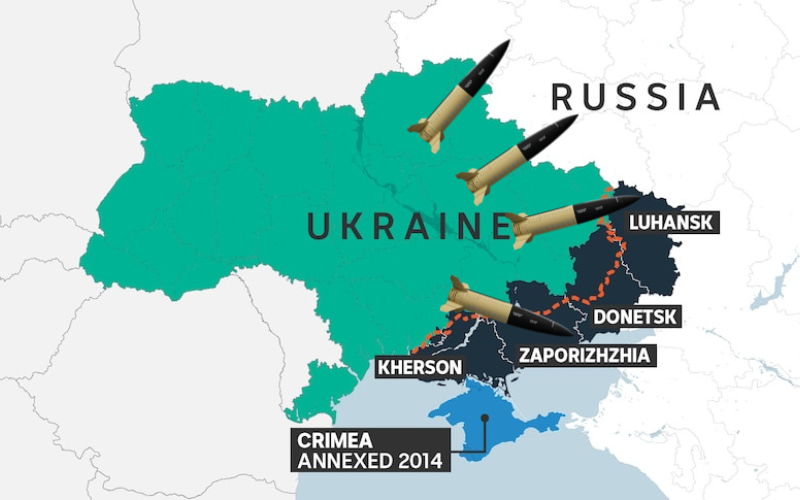
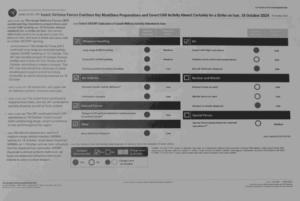





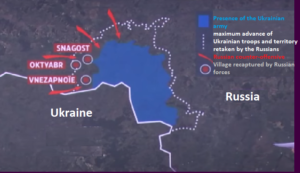

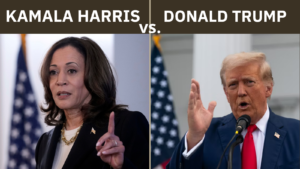

Post Comment